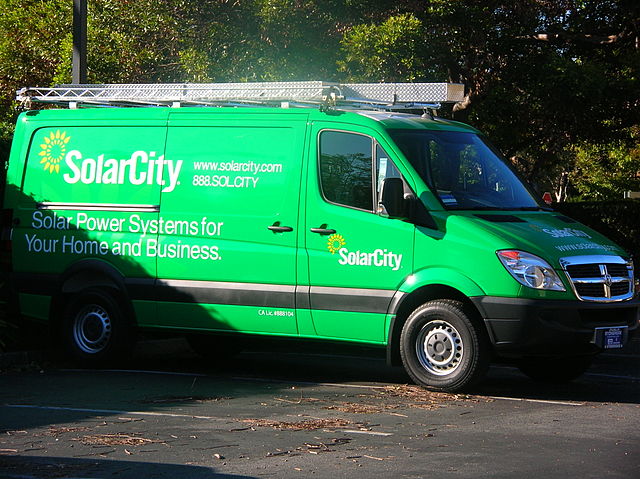
Image Credit: BrokenSphere/Wikimedia Commons
Florida and Georgia are among only a handful of states that prohibit third-party ownership of residential photovoltaic systems, but initiatives are underway in both states that would open the door to solar leases.
PV Magazine reports that Republican Representative Mike Dudgeon has introduced a measure that would allow third-party ownership of residential systems of up to 10 kilowatts in capacity. The Solar Power Free-Market Financing Act of 2015 also would cover commercial systems with a capacity of up to 125 percent of a site’s power consumption.
The measure would clear the way for companies like SolarCity that specialize in installing leased solar systems for homeowners who are unwilling or unable to cover the upfront costs of buying a system outright.
The Solar Energy Industries Association (SEIA) lists Georgia as 15th nationally with its 141 megawatts of installed solar electricity. That’s enough to power 15,300 homes, the trade group said.
PV Magazine quoted market analysts as saying the potential for residential PV for the state’s 2.1 million single-family homes is roughly 10.5 gigawatts, an opportunity that is “clearly massive.”
In Florida, it’s a petition drive
A citizens’ group called Floridians for Solar Choice has launched a petition drive to put the question of third-party ownership on a statewide ballot next year. “End the solar eclipse in the Sunshine State,” the group’s website says.
The proposal would amend the state constitution and rescind a restriction that now bars residents from purchasing electricity from anyone other than an electric utility.
“It can remove the upfront cost for solar power systems and expand solar power options to residential and commercial tenants — thereby expanding the choice for solar choice to all Floridians,” the web site says.
The group says efforts to change state law in the past have failed, because of “the undue influence of monopoly power companies.” Proposals never made it out of committee, prompting the effort to take the issue directly to voters.
SEIA ranks Florida third in the country for solar potential, but 13th for installed solar capacity, in part because of the prohibition on power-purchase agreements. In all, Florida has 229 MW of installed solar capacity, enough for 26,400 homes.
Weekly Newsletter
Get building science and energy efficiency advice, plus special offers, in your inbox.





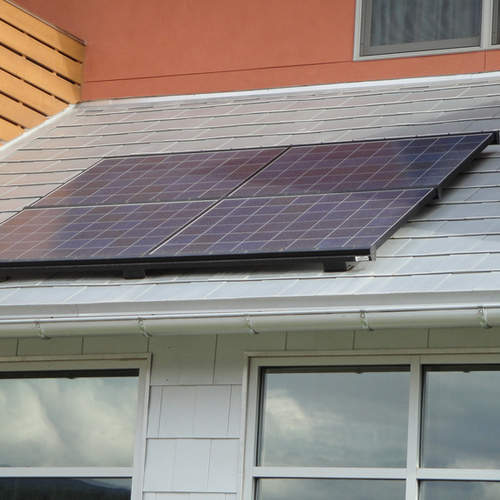
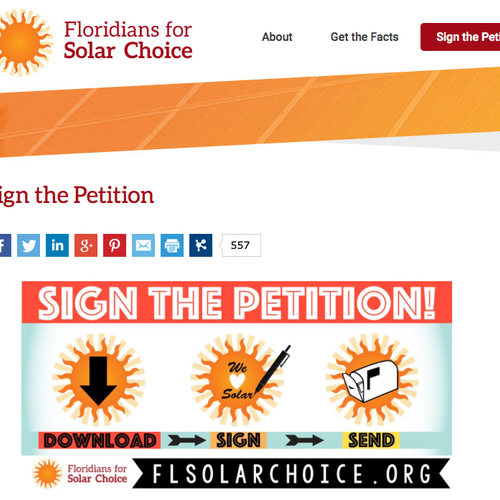
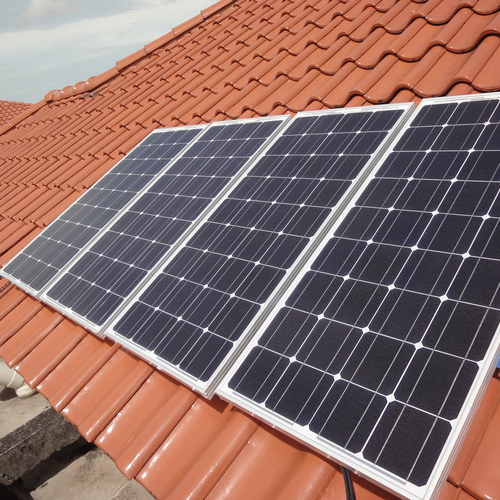
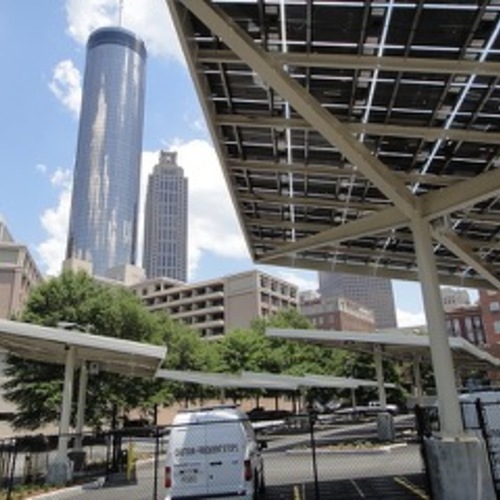






4 Comments
I'm not a big fan of solar leasing
Its just another way to step on the little guy, though i will agree its better then nothing and it should increase the total solar energy generated.
Skeptical
What I typically see in Texas is a great sales job on the PV system and ZERO upgrades in the building enclosure. Very often I see an 8kw system on a 2K sf house. I do believe all these homeowners and/or Solar Leasing companies should be required to improve the building enclosure and mechanicals to a minimum standard before any solar is installed on a house.
Response to Armando Cobo
Armando,
I can see your point, but does there have to be a connection between the size of the PV array in a Texan's yard and the airtightness of his home? Maybe not.
Why not say, "You can't buy that new Cadillac until you fix up your house first?" Most Americans would say, "Hunh?" Perhaps it's a good idea, but it may be hard to enforce.
8kw on Texas House
If a 8kw PV in Texas offsets a significant amount of grid power and provides a payback period that is reasonable, then it should be financially and ecologically acceptable. Many Texas homes would need a gut job to make them airtight and would need new windows and shade structures to reduce the load. Even then the orientation of many homes and size of their windows would still require a significant array in the summer.
Log in or create an account to post a comment.
Sign up Log in